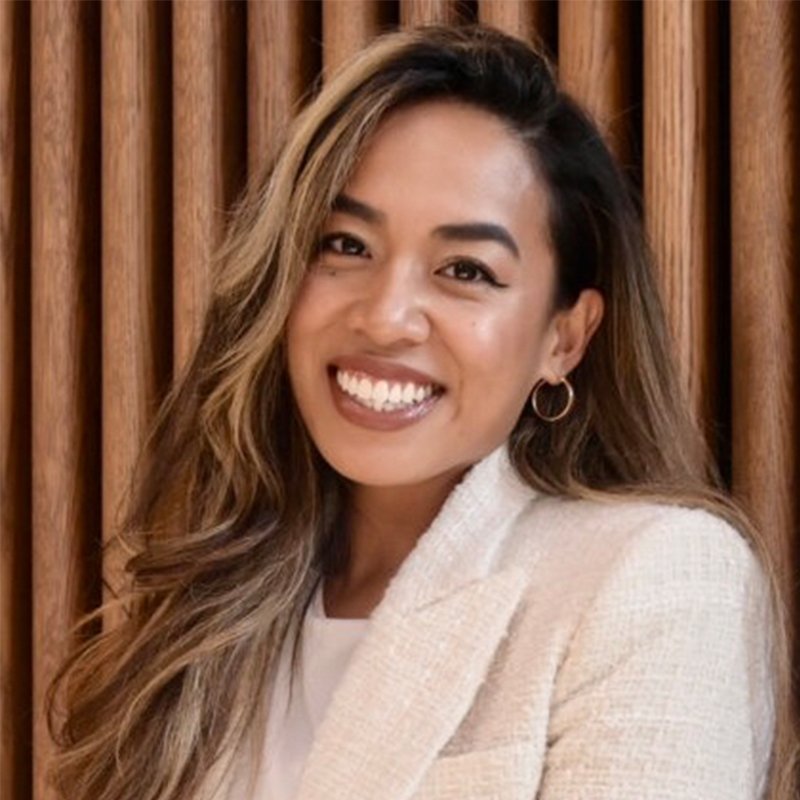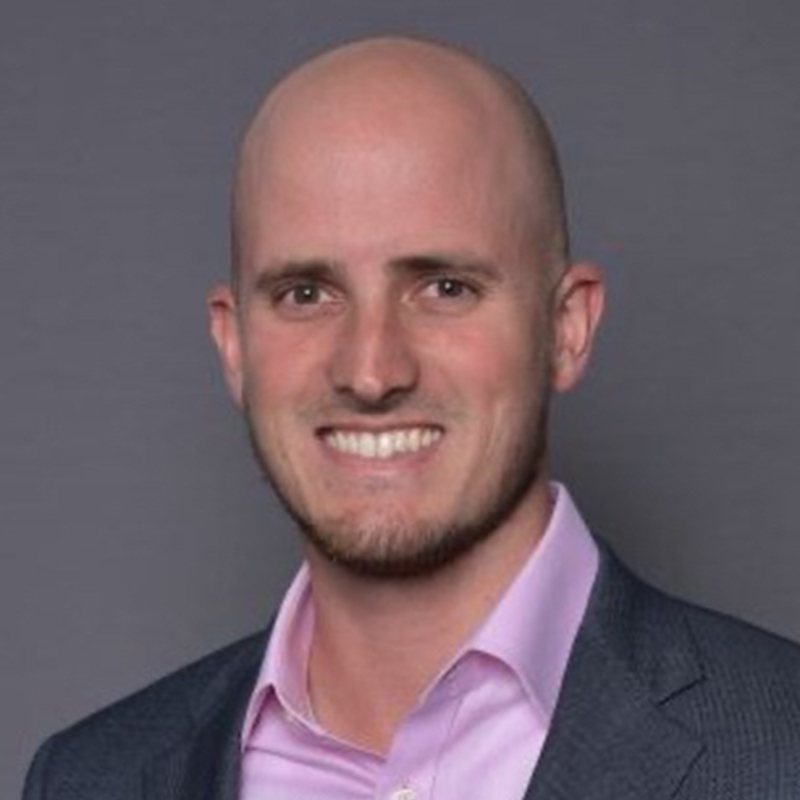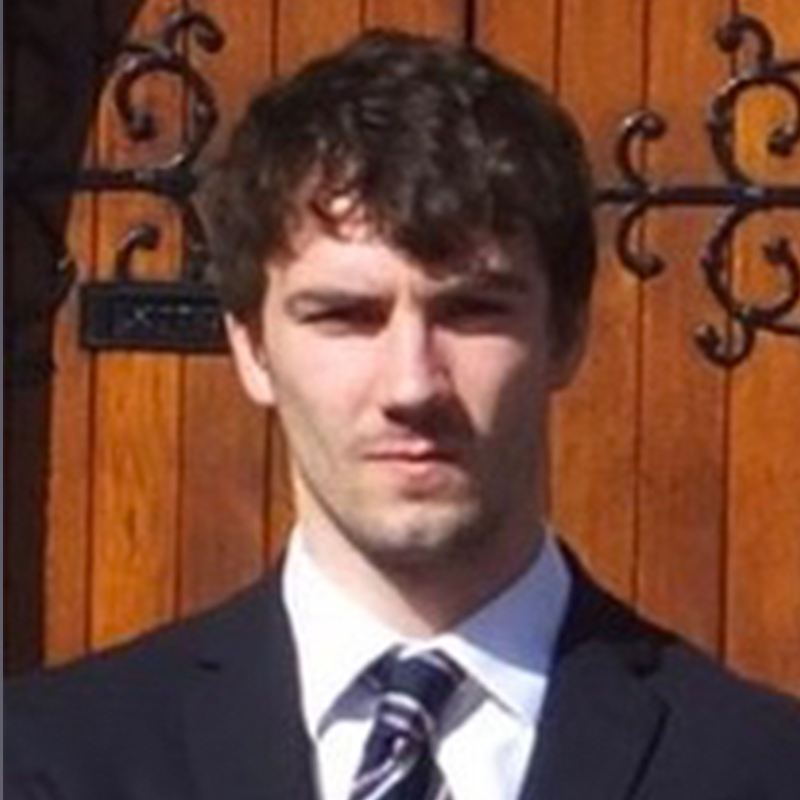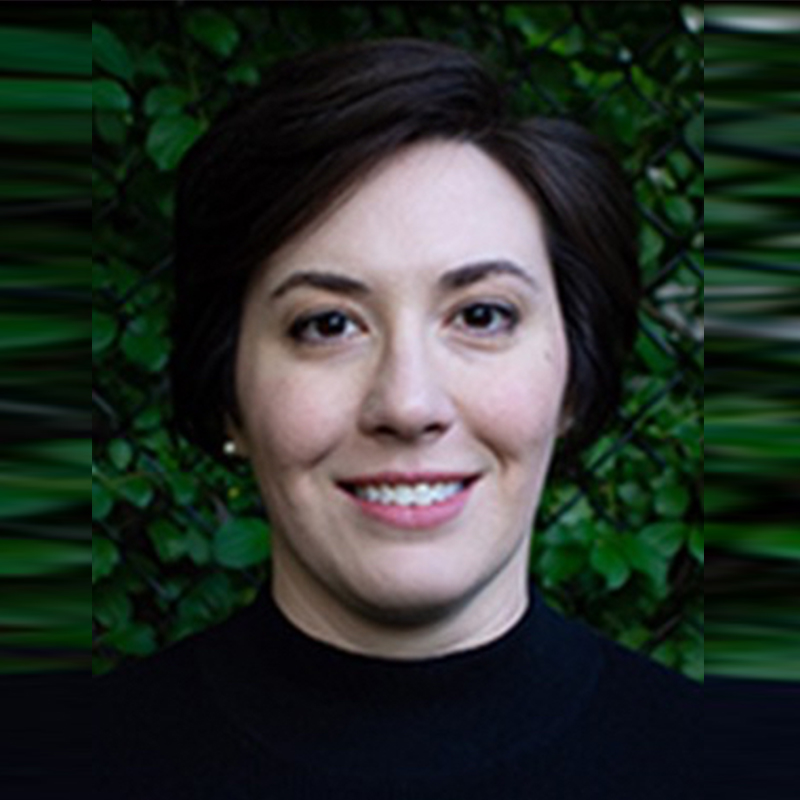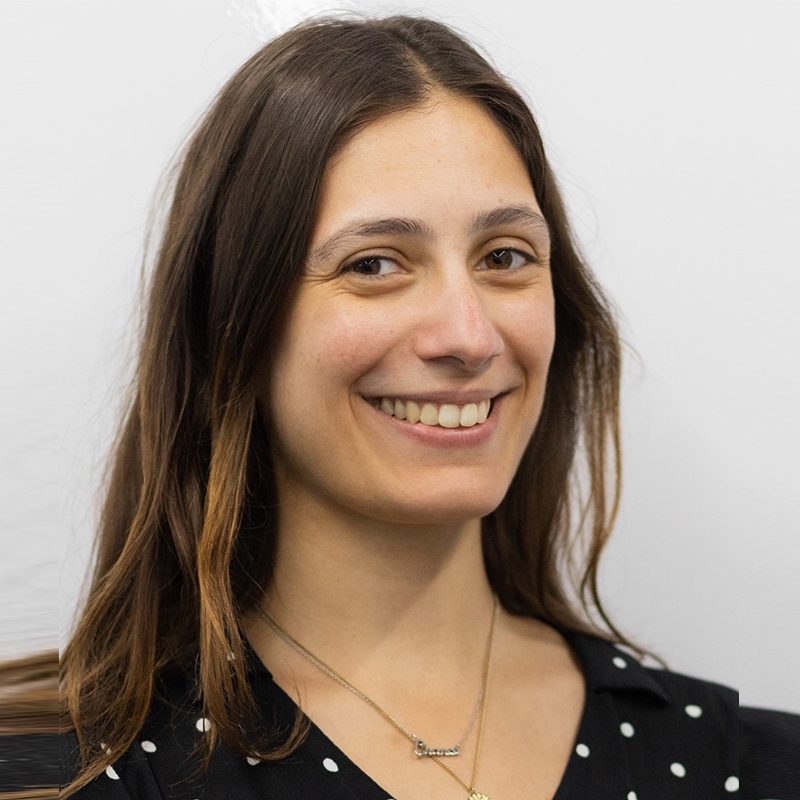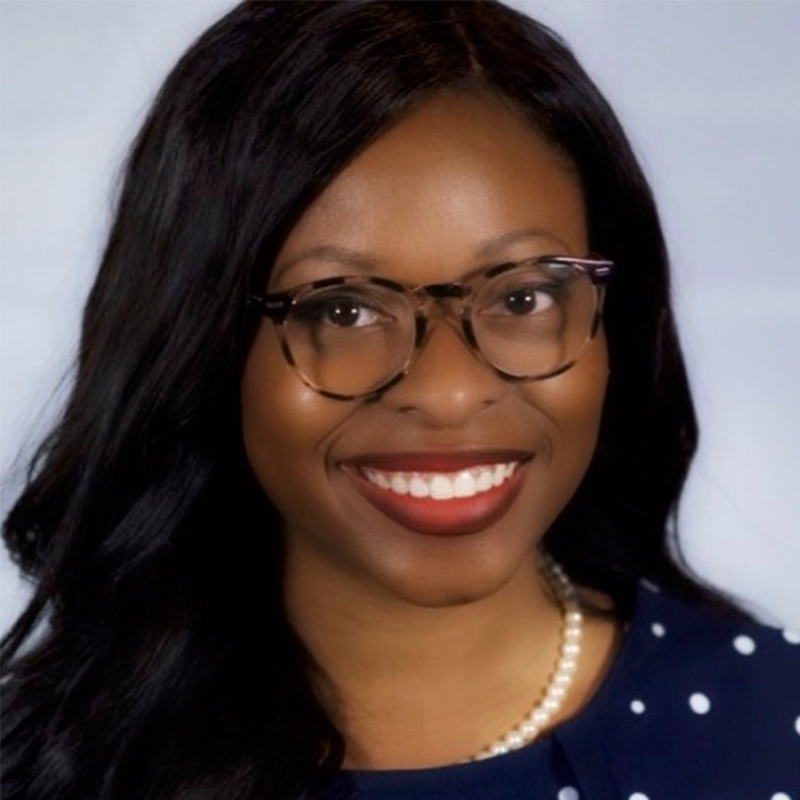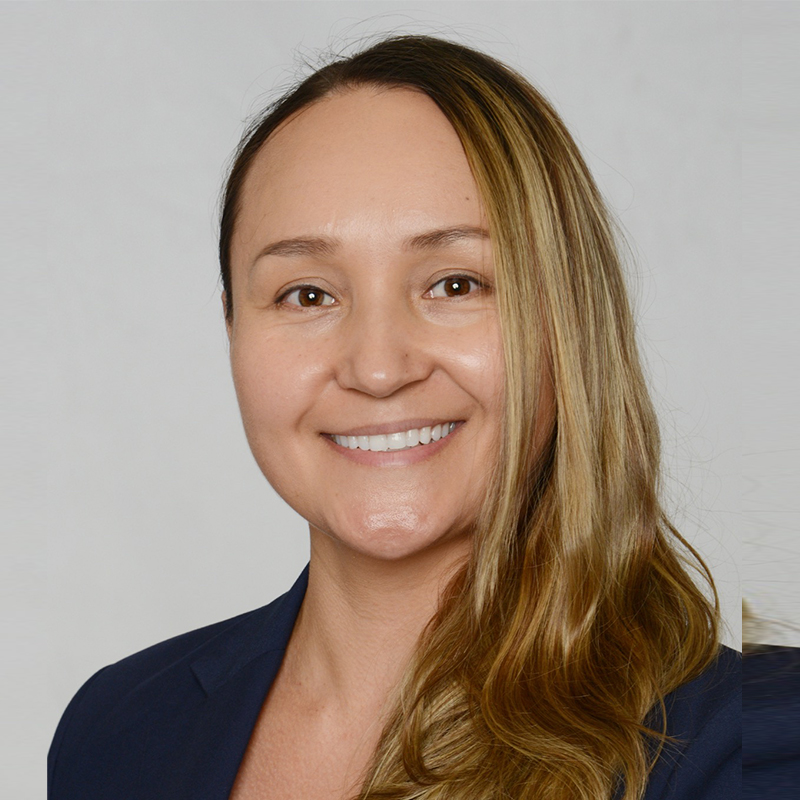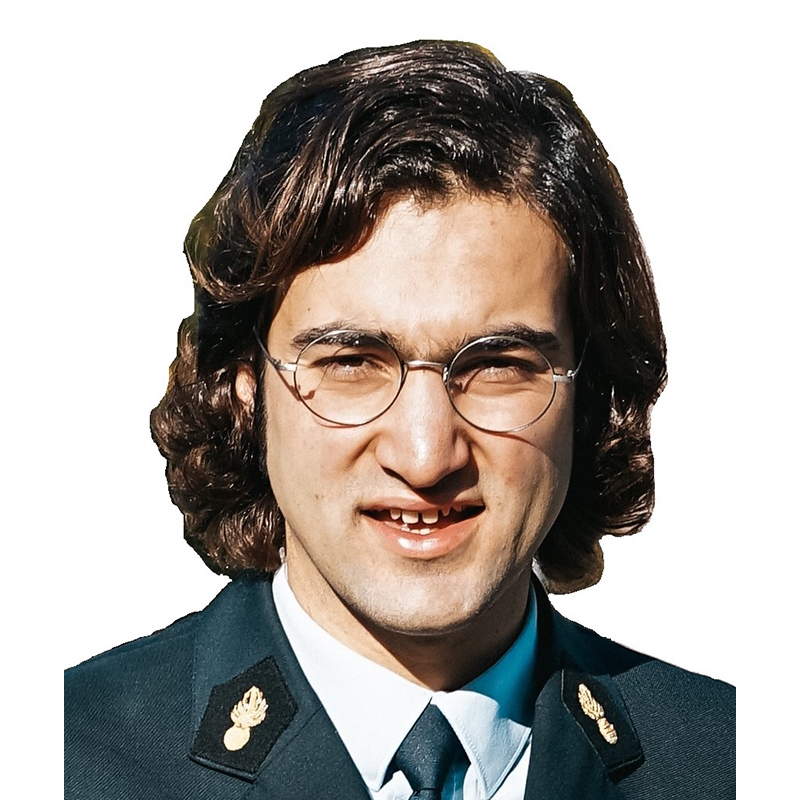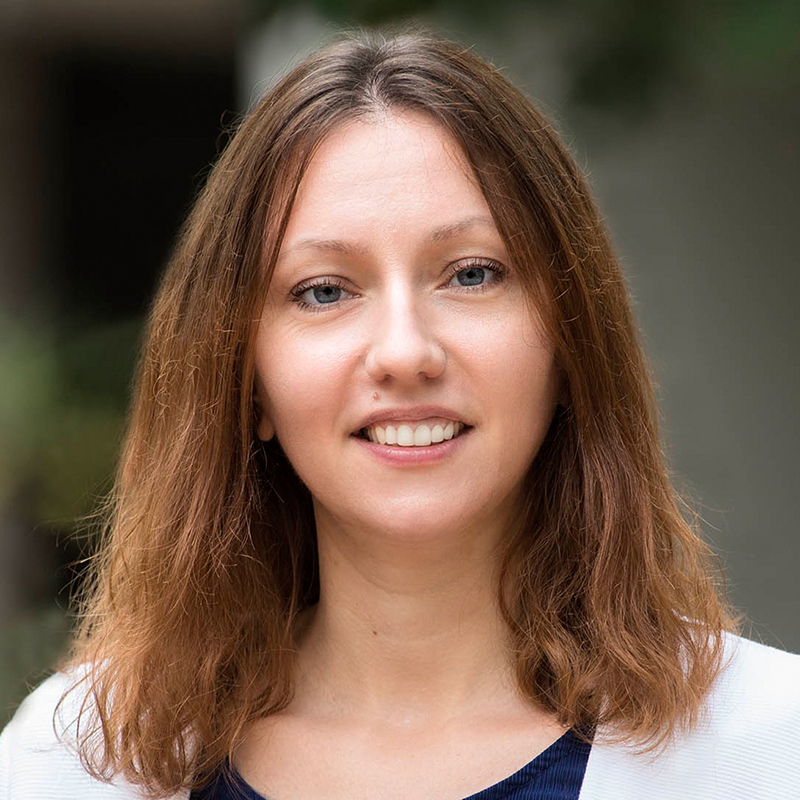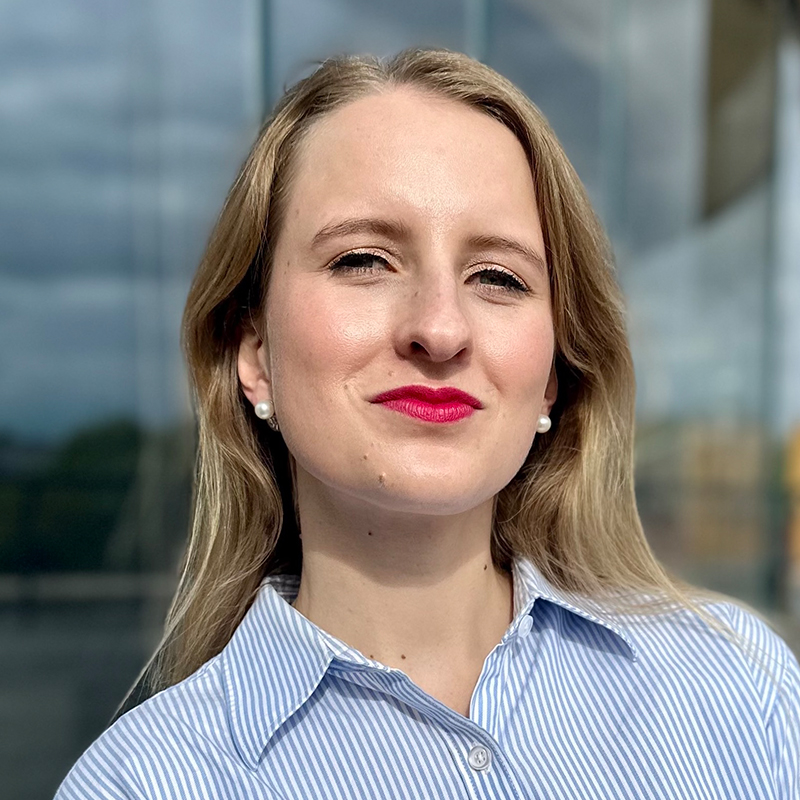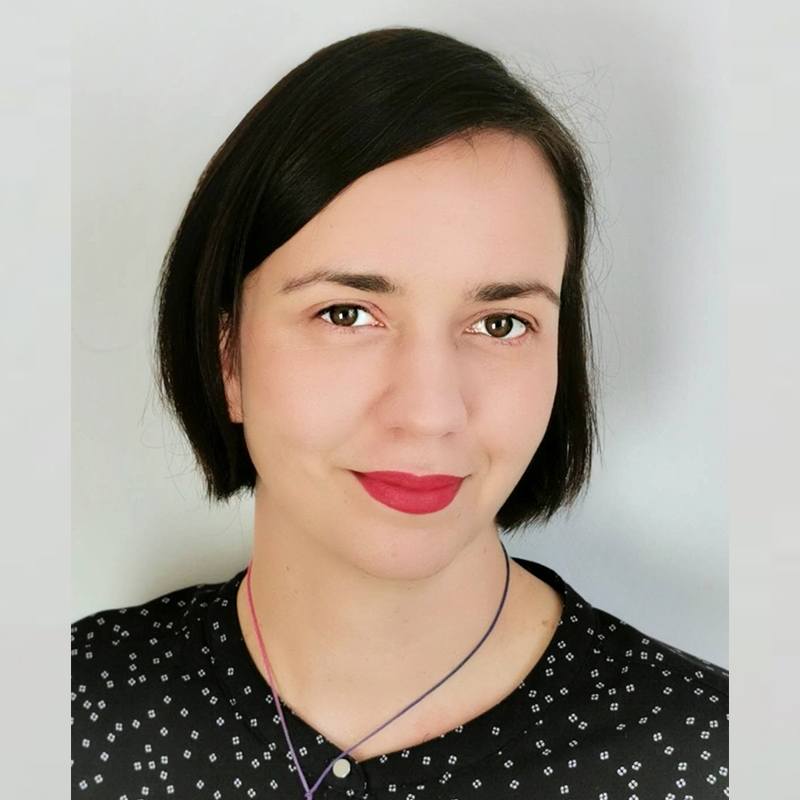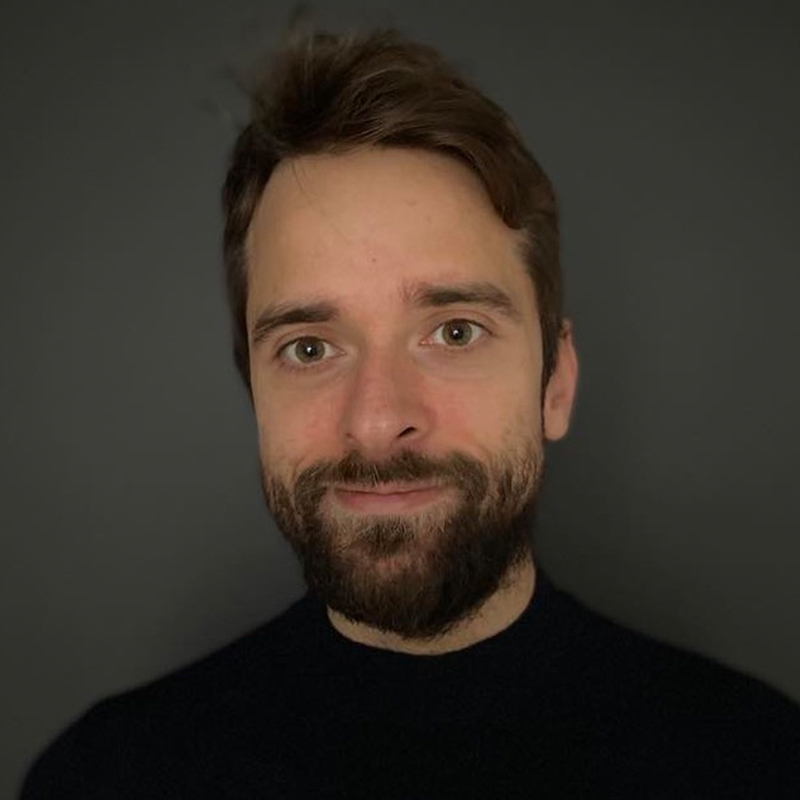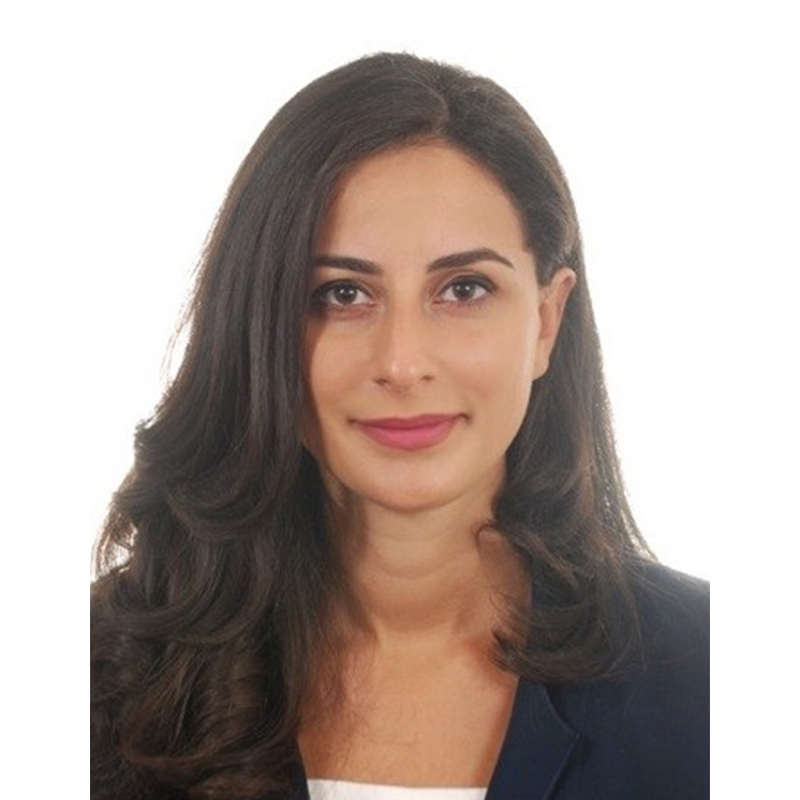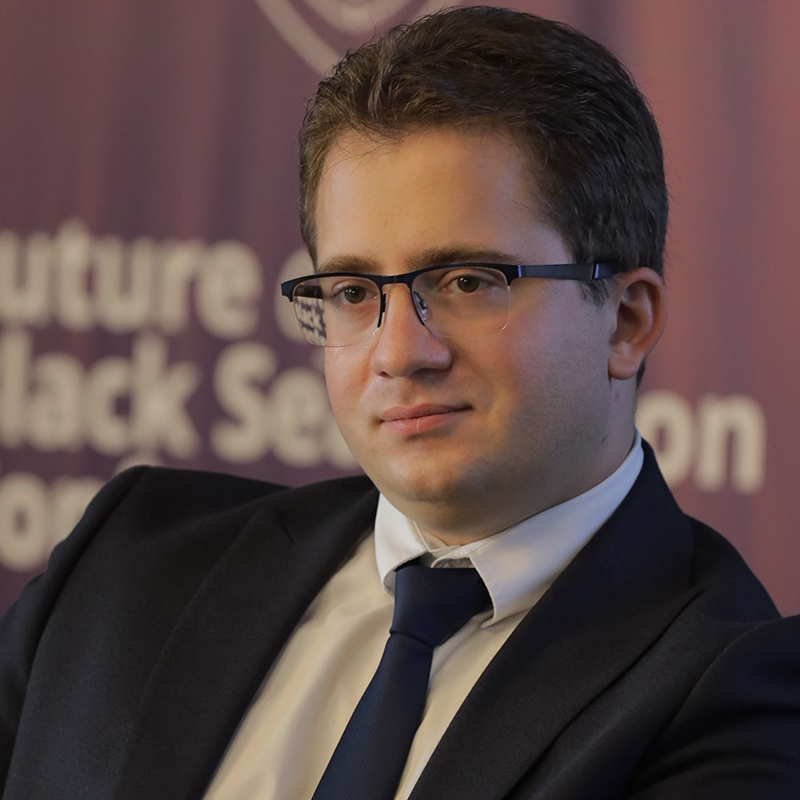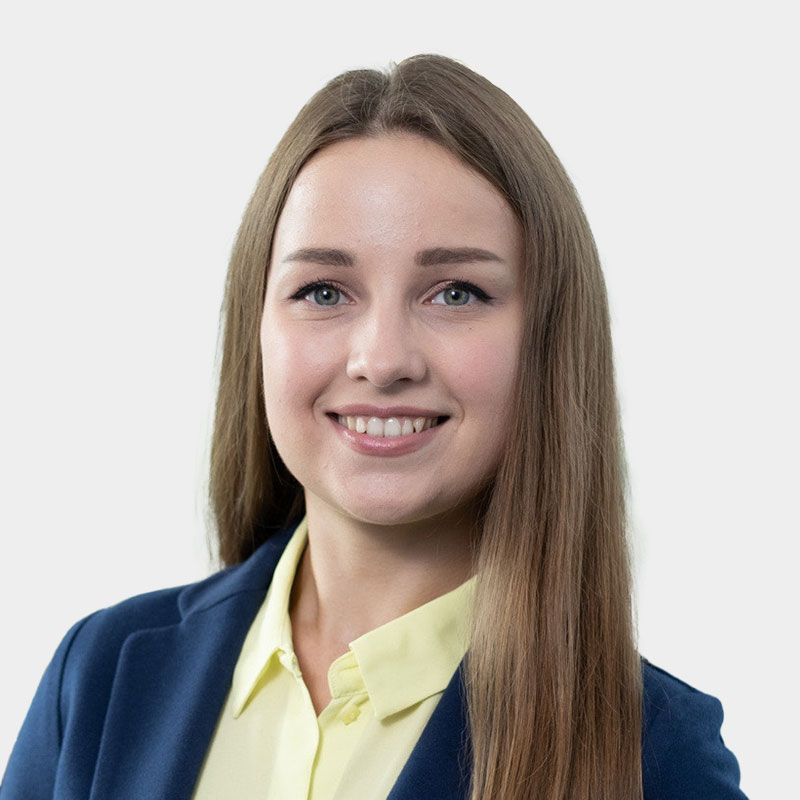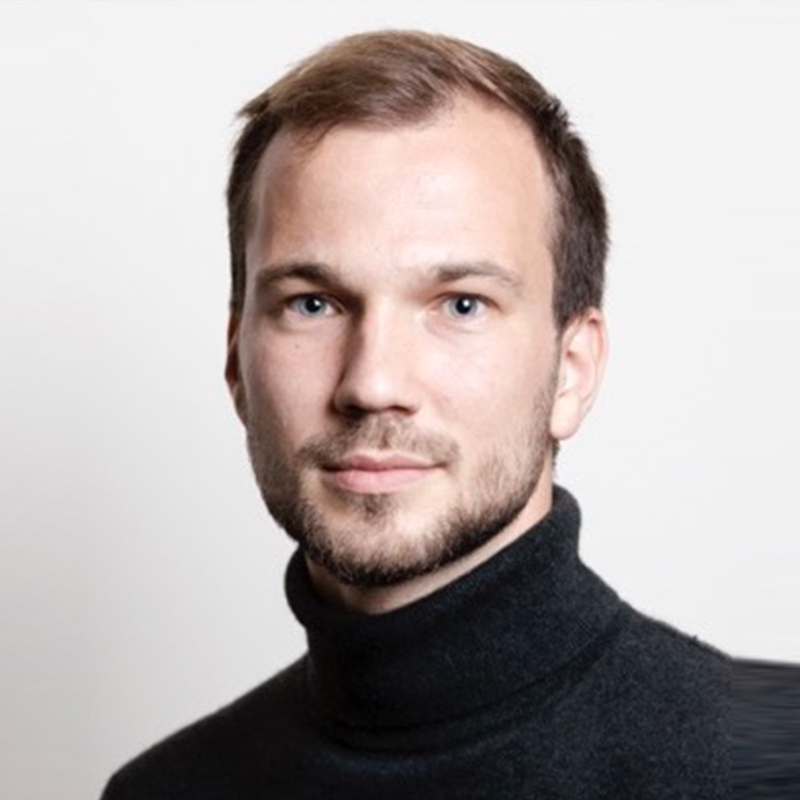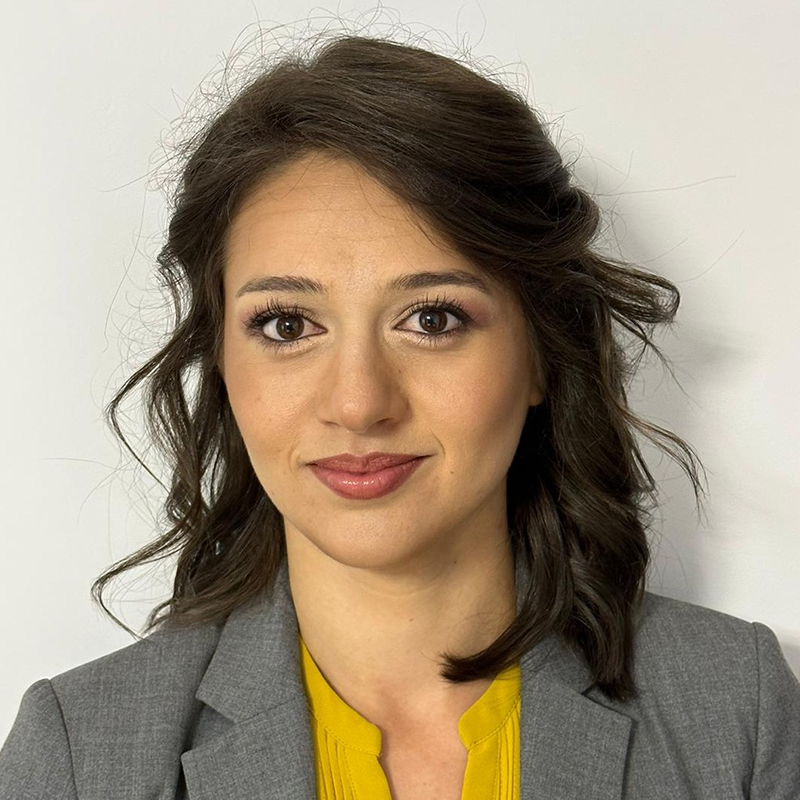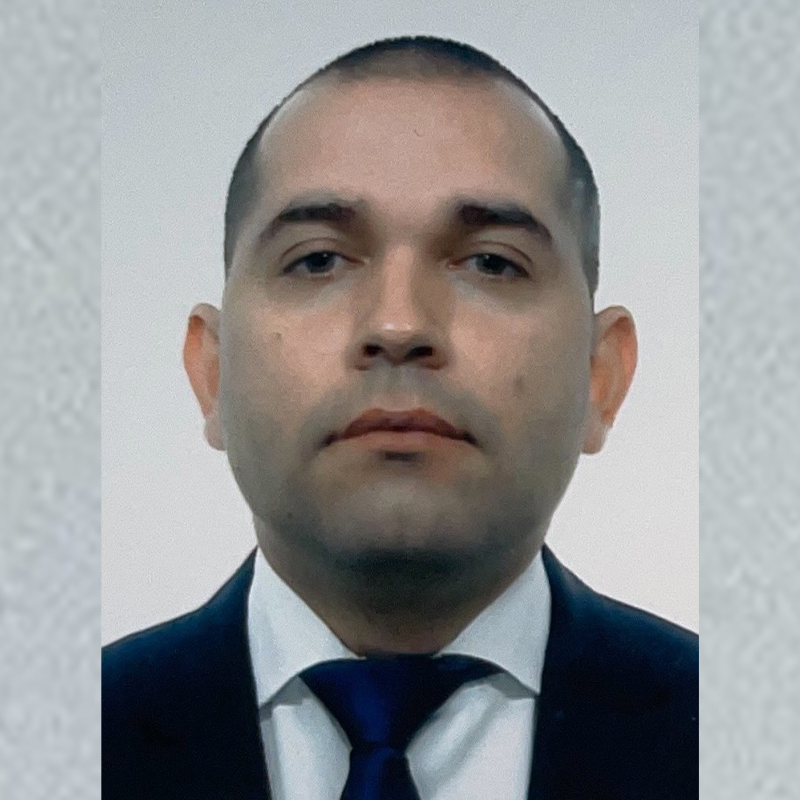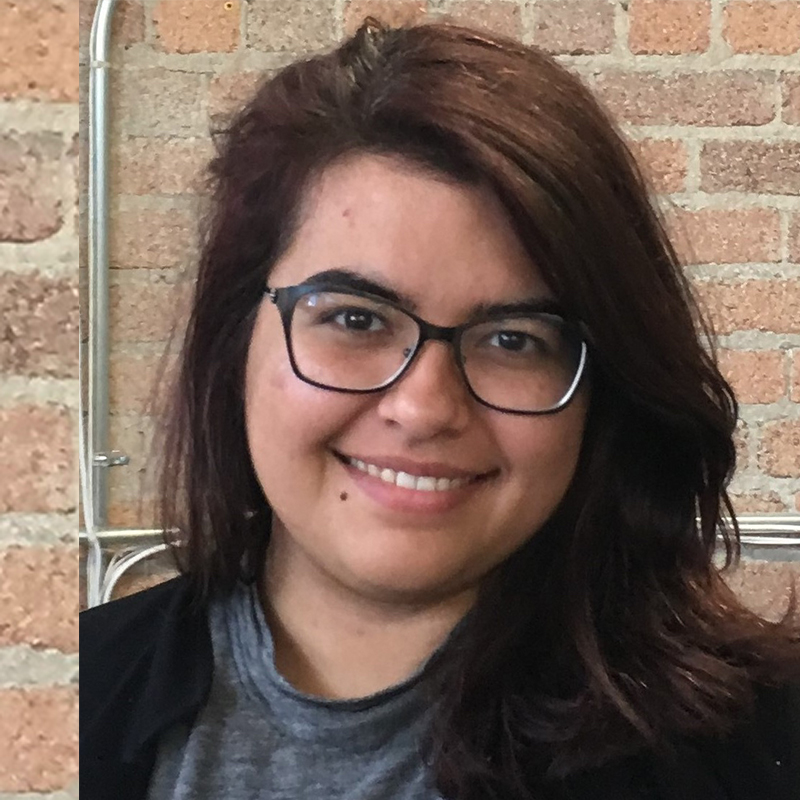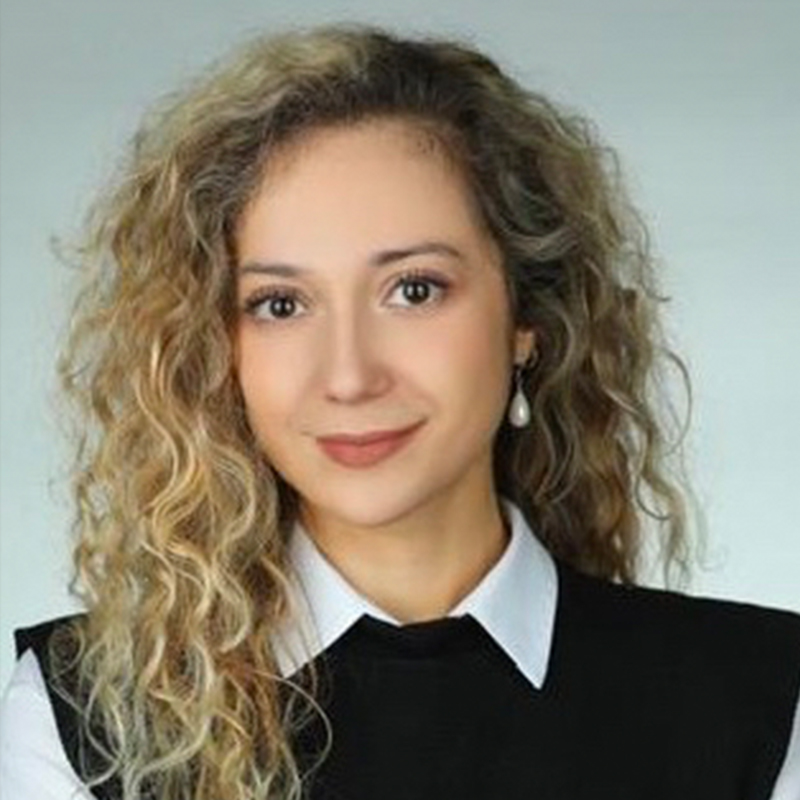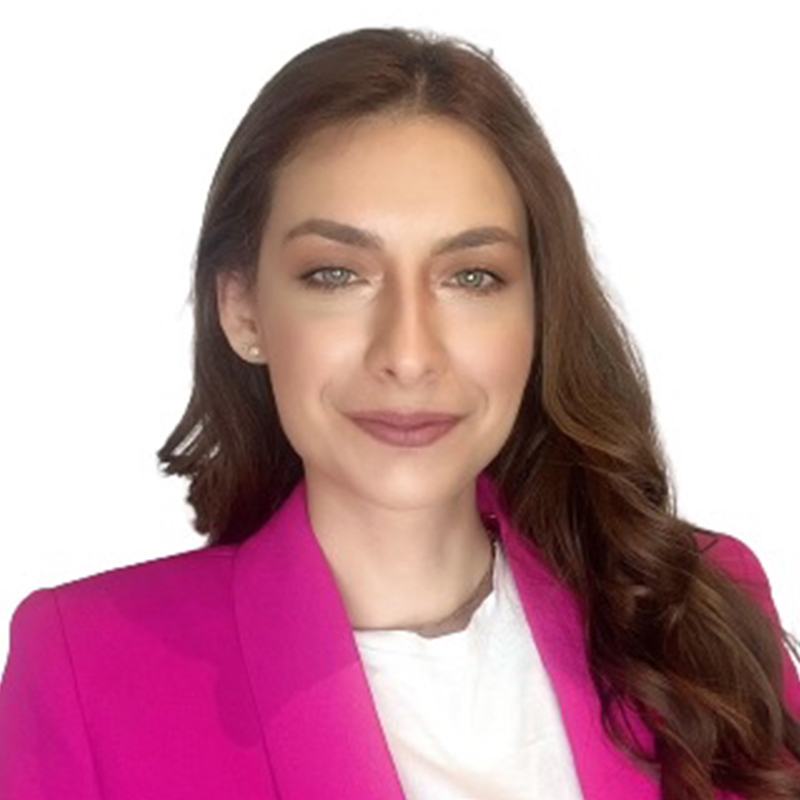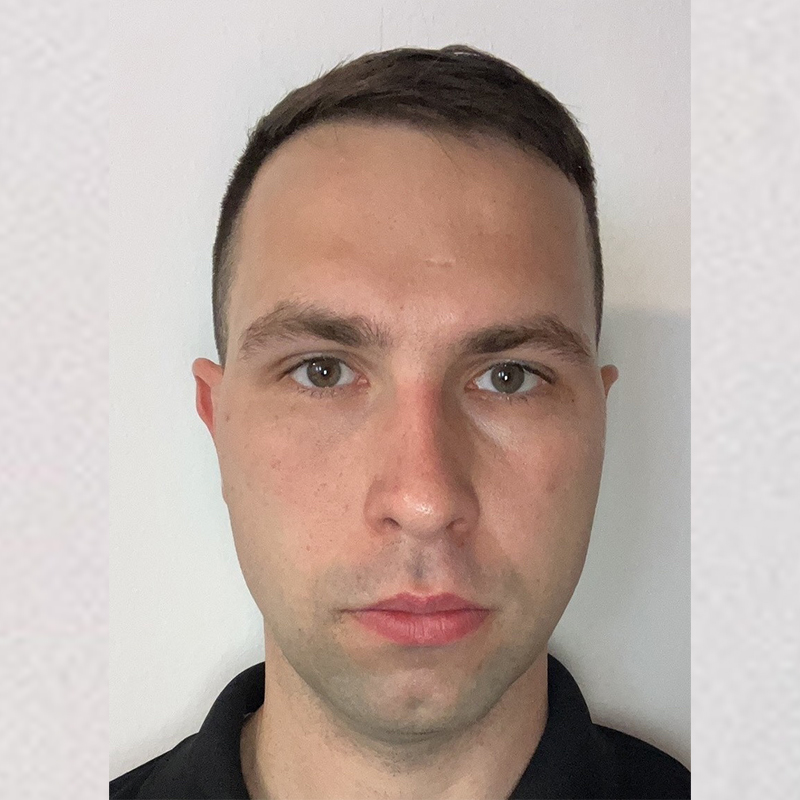ABOUT THE NSL PROGRAM
The New Security Leaders program is a leadership and mentoring program for mid-career, high potential leaders from foreign policy, defense, security, and political fields. Over the course of the program, NSL participants work with the Mentors – world leaders, global thinkers and experts – to discuss and debate the most pressing global security challenges.
NSL take place jointly and in parallel with The Warsaw Security Forum (WSF), allowing accepted participants to share their ideas at the forum and to help shape the discussion. The New Security Leaders program is organized by the Casimir Pulaski Foundation.
Integral to the NSL Program are cohort building and Leadership Talks, held remotely in advance of the program, dedicate NSL roundtable format sessions in advance of WSF, and through select opportunities and engagements during WSF.
The idea behind the Leadership Talks modus operandi is to provide a strategic insight, highlight key issues and themes facing the Transatlantic community, discussing local or regionally focused topics, and all in a way that encourages NSL participants to share their own insights. NSL offers a rich opportunity to share insight and experience on defense issues, security policy, and world politics, all in a Chatham House Rules environment.
2023 PARTICIPANTS
The ideal New Security Leader is a young professional 26-40 years of age, with a minimum of 5 years of experience in fields of international politics, defense strategy, security policy or other security-related issues such as disinformation threats and cyber space, energy security, etc. and is a citizen of a NATO, EU or European Neighborhood country. NSL participants play an active role in the Warsaw Security Forum, taking part in two-days of moderated discussions and simulations. WSF also offers private meetings with VIP speakers and Honorable Guests in the margins of the Forum. Accepted candidates are invited to join the networking receptions, working lunches, and other valuable networking opportunities.
FAQ
The New Security Leaders Program is organized in parallel with the Warsaw Security Forum. Applicants accepted into the NSL Program will have most of the expenses associated with the NSL Program and Warsaw Security Forum participation covered as part of the program grant. See the details regarding program logistics below.
The Essay
A strong determining factor for your NSL application is the essay. The application form includes suggested topics. Applicants MAY submit an essay using a different topic as long as it is applicable to diplomacy, security, and relevant to the Euro-Atlantic alliance.
Essays must be your original work product and should be written as a serious opinion piece (typically 800 to 1,000 words), or as a graduate school or white paper (1,500 to 3,000 words). Sources are helpful but not required. The committee is looking for clearly communicated concepts that demonstrate your ability to bring relevant ideas to the program. All essays will be reviewed for external publication.
What logistics are provided by NSL?
Lodging –
Yes, Check-in: Sunday, 29 September, 2024 – Check-out: Thursday, 3 October, 2024, DoubleTree by Hilton Hotel & Conference Centre Warsaw, Skalnicowa Street 21 Warsaw, 04-797 Poland
Meals – Yes, most meals (about 75%) are covered by the program
What are the Program Dates?
Expected day of arrival – Sunday, 29 September, 2024 (Welcome Dinner at 7 PM)
Expected day of departure – Thursday, 3 October, 2024
(additional room nights, before or after the program will be at the participant’s expense)
What is not covered by NSL?
